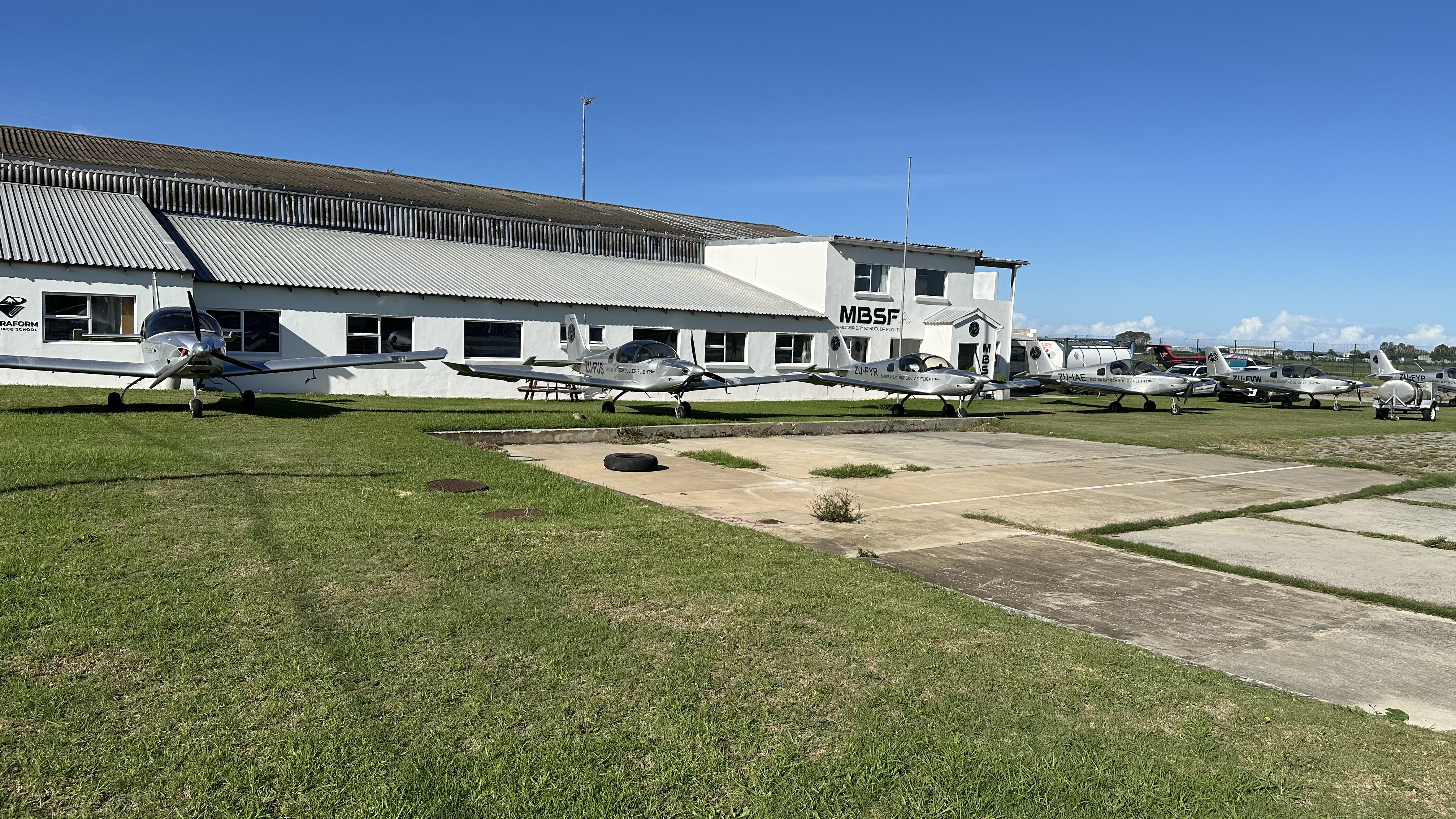What’s New in the Future of Aviation
In a world characterized by rapid technological advancement, the pilot profession is emerging as one of the most exciting and in-demand professions of the future. With the increasing number of air travelers and the expansion of airline networks around the world, pilots are becoming an essential element in ensuring the continuity of air transportation efficiently and safely. What makes this profession so promising?
- Continuous Growth in the Aviation Industry Expectations indicate that the aviation industry will witness significant growth in the coming decades, with the number of passengers expected to double by 2040, according to reports from the International Civil Aviation Organization (ICAO) and aircraft manufacturers such as Boeing and Airbus. This growth means an urgent need for more qualified pilots to fly aircraft and meet the growing demand for air travel. Technological Developments and New Opportunities
- With technological advancements, more advanced aircraft will emerge that rely on artificial intelligence and automated control systems. However, this will not diminish the importance of pilots; rather, it will increase the need for human resources trained to handle these technologies. The emergence of electric and hybrid aircraft also opens new horizons in sustainable aviation, creating opportunities for pilots specializing in this field. Attractive Salaries and Benefits
- The pilot profession is characterized by high salaries and excellent benefits, especially in major airlines. In addition to the base salary, pilots receive travel allowances, health insurance, and paid vacations, making the profession attractive to many. Career Diversity and Global Employment Opportunities
- The pilot profession is not limited to flying commercial aircraft, but includes other fields such as: Military Aviation (Air Force). Private Aviation (private and corporate aircraft). Relief Aviation (medical evacuation and aid transport). Training and Qualifying New Pilots Pilots also have the opportunity to work for international airlines, allowing them to travel and live in various countries around the world.
Challenges and How to Overcome Them
Despite the many positives, the pilot profession requires a high level of commitment and a willingness to face challenges, such as:
- Intensive study and training to obtain various pilot licenses.
- Psychological and physical stress due to long working hours and safety concerns.
- Adapting to the constant technological changes in the aviation industry.
However, with determination and good training, pilots can succeed and build a bright future in this profession.
Conclusion
Being a pilot is not just a job; it’s a dream and a fulfillment for many people. With the rapid growth of the aviation industry and technological advancements, this profession will remain one of the most in-demand and distinguished in the future. If you are passionate about flying and willing to learn and work hard, the future awaits you in the cockpit!
